Revelations
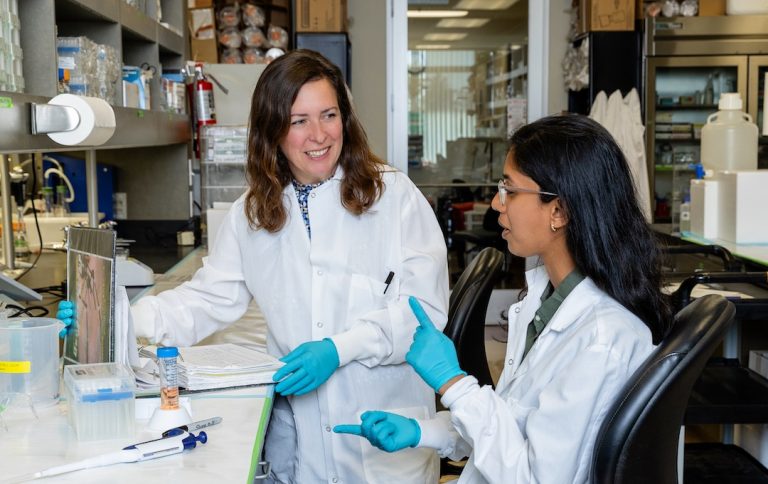


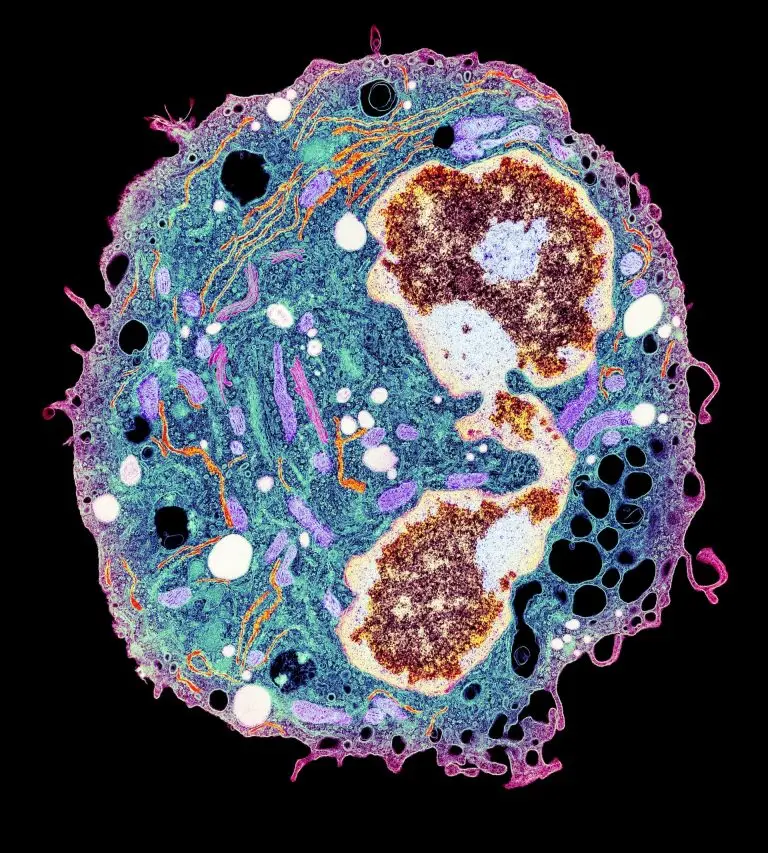
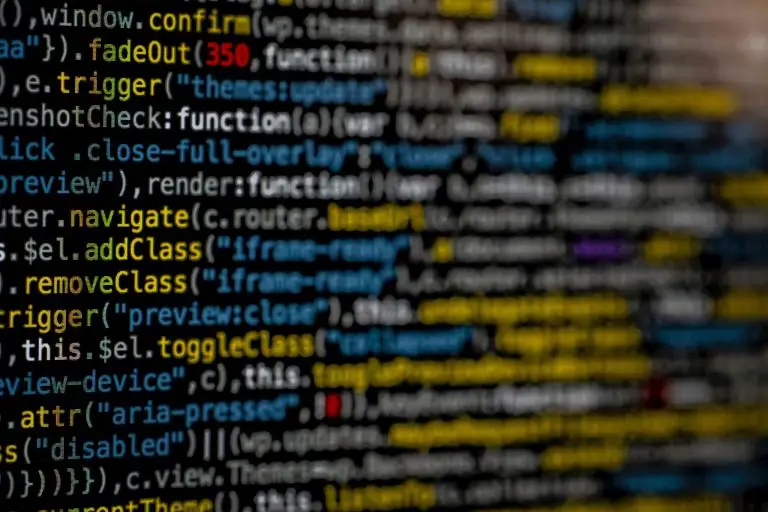




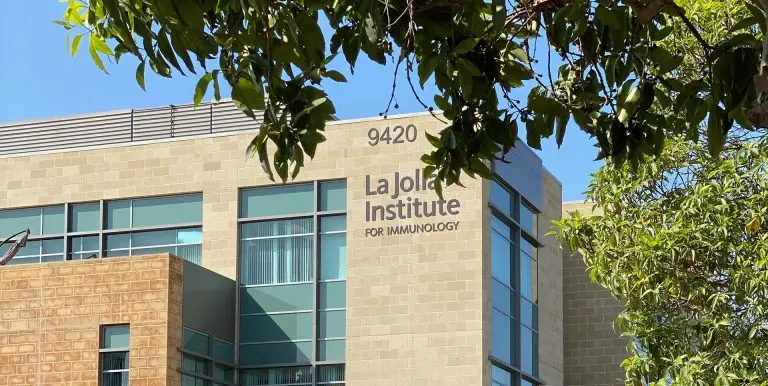
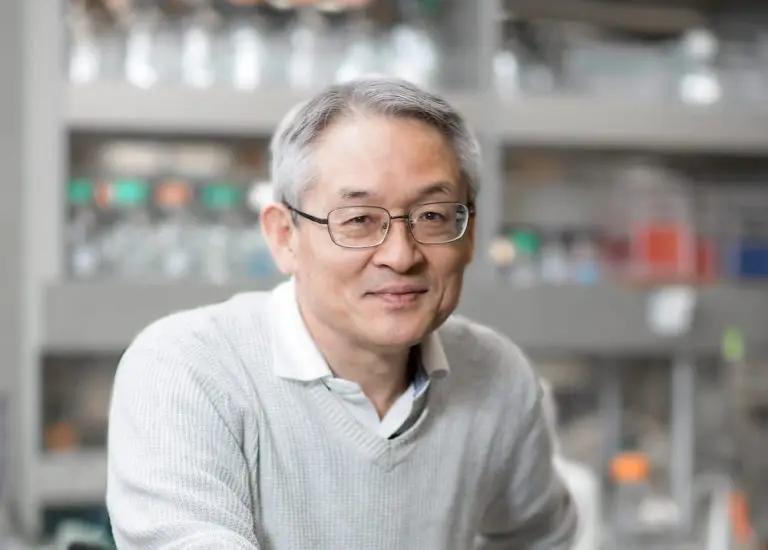
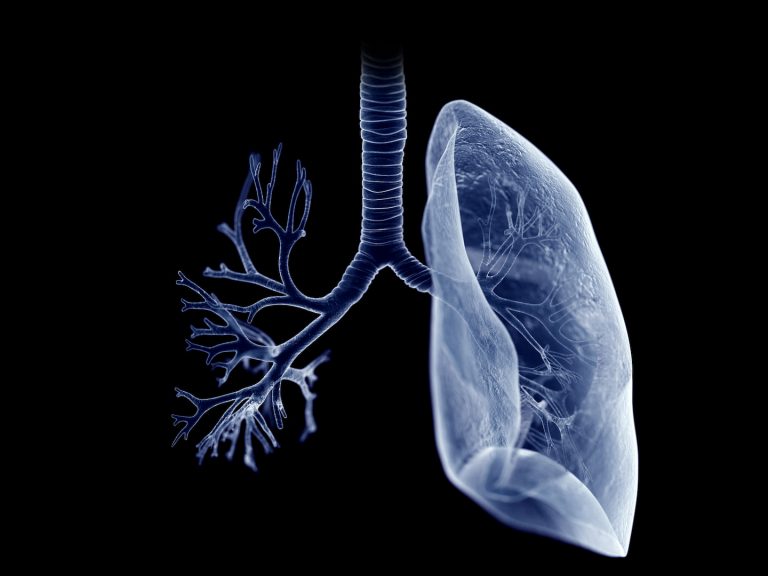

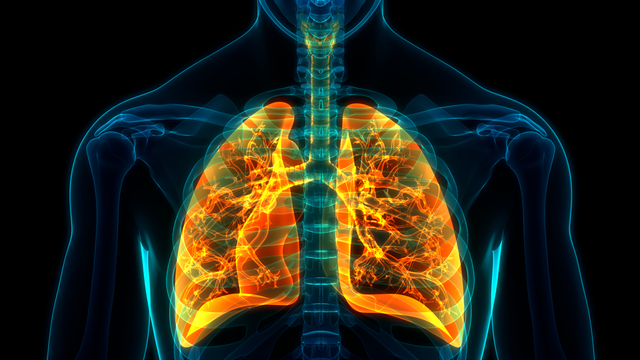
Selected References Grégory Seumois, Ciro Ramírez-Suástegui, Benjamin J. Schmiedel, Shu Liang, Bjoern Peters, Alessandro Sette, Vijayanand P (2020). Single-cell transcriptomic analysis of allergen-specific T cells in allergy and asthma. Science Immunology. 2020 Jun 12;5(48):eaba6087. doi: 10.1126 PMID: 32532832. PMCID:…
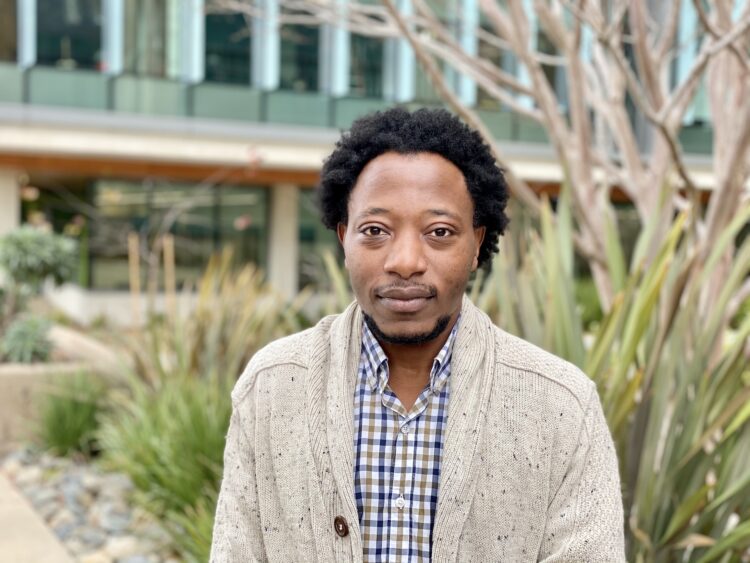
The Vijayanand lab has a strong interest in understanding the role of T cell enhancers (epigenetics players) in asthma, developing cutting-edge tools to study enhancer function, and utilizing these tools to understand the molecular basis of asthma. This includes…


Pediatric Milk Allergy: To study the frequency and phenotype of milk allergen-specific T cells in cohorts with different disease manifestations and define molecular markers of disease status and progression to tolerance. This research will contribute to developing improved and new…
The Vijayanand lab employs genomic and epigenomic tools to understand the molecular basis of asthma, making key contributions in understanding the immunological basis of asthma, including identifying CCR4 as a key chemokine receptor that regulates recruitment of T cells…
While an enormous number of genetic variants have been associated with risk for human disease, how these variants affect gene expression in various cell types remains largely unknown. To address this gap as it relates to immune cells, as…
Non-lymphoid structural cells of tissues are recipients of inflammatory signals from immune cells, but they also make inflammatory products that can affect the migration, localization, and activity of immune cells in the tissues. Together this contributes to the pathologic changes…
